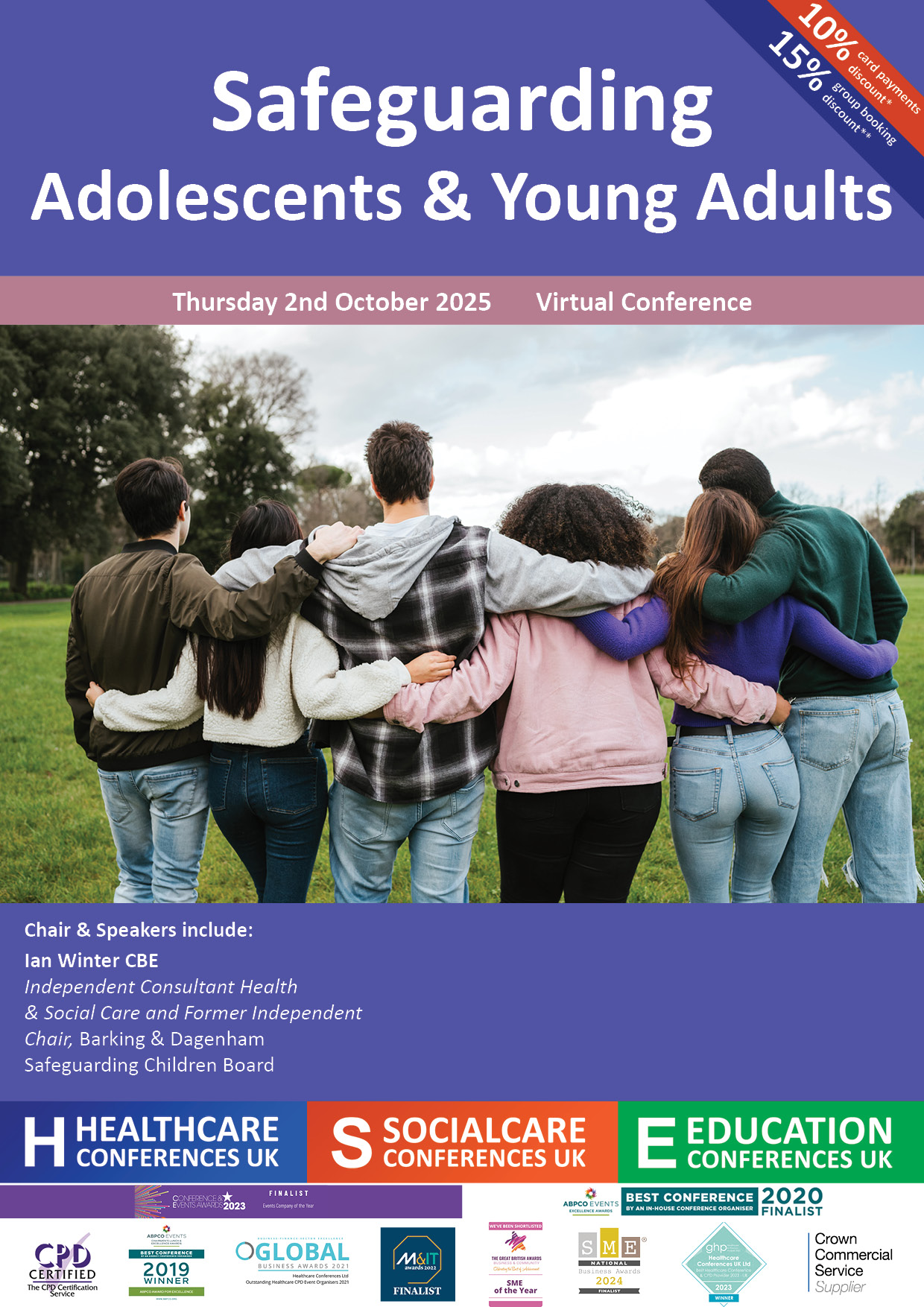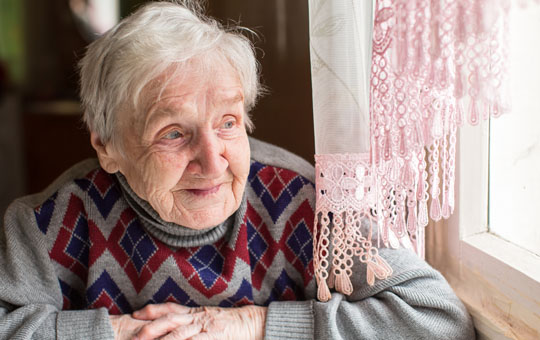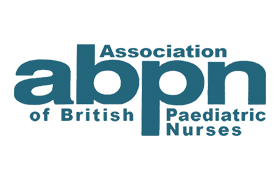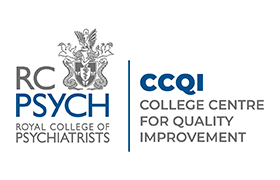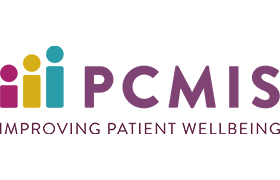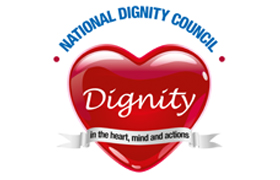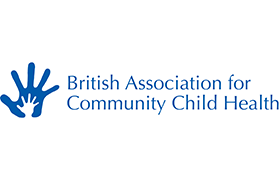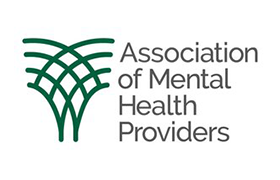Follow the conference on X #SafeguardingYoungAdults
We are pleased to announce the National Safeguarding Adolescents and Young Adults Conference which this year will focus on improving safeguarding practice: delivering a strengths based approach, trauma informed safeguarding, contextual safeguarding and complex safeguarding. There is a focus through the day on the need to address the gap in services supporting adolescents with transitional safeguarding as they transition into adulthood services. Through national expert sessions and practical case studies the conference aims to bring together safeguarding leads working with adolescents and young people to understand current issues and the national context, address risks faced by vulnerable adolescents and to debate and discuss key issues and areas you are facing in practice in supporting adolescents and young adults.
“A strengths-based approach (SBA) to social care focuses on identifying the strengths, or assets, as well as the needs and difficulties of children, young people and families.”
SCIE
We will also hear an overview of the national “It’s Silent”: Race, Racism and Safeguarding Children report from a member of the child and safeguarding practice review panel:
“I’m grateful for the Child Safeguarding Practice Review Panel’s work to bring these injustices to light and I urge frontline professionals to challenge biases that could put children in harm’s way. Racism and racial bias are completely abhorrent and should never be barriers to keeping children safe and families getting the help they need.”
Minister for Children and Families, Janet Daby, March 2025
“The safety and welfare of children (known as safeguarding) is everyone's business. You could be a parent, relative, neighbour, friend or childminder. Alternatively, you may work for any organisation which has contact with children and young people such as a teacher or doctor. Each and every one of us has a duty to safeguard, protect and promote the welfare of children and young people.”
Calderdale Council, September 2024
The conference will also focus on developing an action plan for contextual safeguarding in working with adolescents addressing the context in which young people and adolescents live their lives
“Young people can face various safeguarding risks. Some may be at risk because of vulnerabilities caused by a physical disability, cognitive impairment or other needs for care and support. Others may have no need for care and support. Instead, it is their situation or the context in which they are living that makes them vulnerable. For example, they may be exposed to or experiencing domestic abuse, living in care, be an immigrant/refugee or be part of a culture where familial abuse can occur (for example, FGM, honour-based violence or forced marriage). These young people are particularly susceptible to organised exploitation, including sexual exploitation, County Lines, radicalisation and modern slavery.”
Southampton Safeguarding Adults Board, October 2024
There will also be a talk on transitional safeguarding and the challenges that may arise when a young person turns 18:
“Safeguarding systems for those aged under 18 and those over 18 operate to different thresholds, legislative frameworks and eligibility criteria. This binary approach does not serve young people well and many face a ‘cliff edge’ as they approach age 18 and they risk being left without support during this critical life-stage.”
Royal College of General Practitioners, October 2024
This conference will enable you to:
Network with colleagues who are working to improve adolescent and young adult safeguarding practice
Understand the national context of your safeguarding practice
Reflect on the lived experience
Understand how you can develop and embed a strengths based approach
Assess various Safeguarding Models
Understand adolescent development and risk
Explore the context in which young adults and adolescents live their lives
Develop your skills in transitional safeguarding, contextual safeguarding, trauma informed safeguarding and complex safeguarding and in which situations they apply
Improve the transition from child to adult safeguarding: supporting support people across the life course
Develop a Contextual Safeguarding action plan: understanding the wider contexts of adolescent lives outside the family
Ensure the risks faced by vulnerable adolescents are addressed
• Learn from multi-agency approaches to support child and adult victims of sexual exploitation
• Reflect on the development of a Complex Safeguarding Hub to improve the response to criminal activity, or behaviour associated to criminality, involving vulnerable children/young people, where there is exploitation and/or a clear or implied safeguarding concern
• Risk assessment and interventions in adolescent safeguarding regarding harmful sexual behaviour
• Update your knowledge on current issues and identification of risk with regard to Gangs, Criminal Exploitation and Serious Youth Violence
• Legal update – including information sharing and the new Liberty Protection Safeguards which will replace DoLS and now apply to 16-17 year olds
• Self assess and reflect on your own practice
• Supports CPD professional development and acts as revalidation evidence. This course provides 5 Hrs training for CPD subject to peer group approval for revalidation purposes


